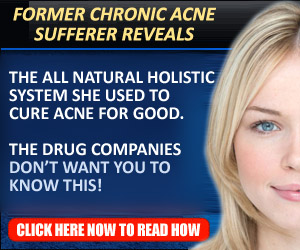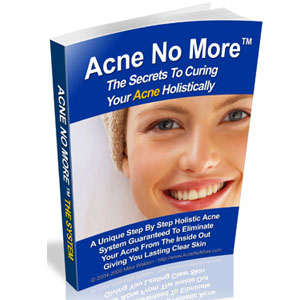What is Cystic Acne
Cystic acne represents in truth the severest form of acne vulgaris. The deep, inflamed and painful blemishes are the common sign for this dermatological health condition. The pimples are larger, measuring up to several centimeters in diameter, and they bear the name of cysts. They feel like fluid-filled lumps under the dermis, usually deeper than regular zits. These nodules or cysts are more difficult to treat and they pose serious healing challenges. Doctors don’t fully agree whether cysts and nodules are the same, and whether cystic acne is severely inflamed nodular outbreak or not.
No matter the terminology, which can prove confusing to a certain extent, only a dermatologist has the qualification for the treatment of so severe acne forms. You should not self-treat or self-medicate. Diagnosis should be specialized. Cystic acne affects teenage boys and young men more often than in girls and women. There also seems to be genetic predisposition for cystic acne; if one of the parents has had it, the children are more prone to developing the condition.
CAUSES
The causes of cystic acne do not differ from those of acne vulgaris. They include:
– the accumulation of dead skin cells in the hair follicles (pores);
– too high secretion of skin oils due to overactive oil glands;
– the presence of high numbers of acne-causing bacteria.
Eating sweets, drinking soda and coffee has nothing to do with a cystic acne outbreak. These are NOT causes of this dermatological condition.
The cysts grow when the follicle wall ruptures and the infections spreads to the dermis. If the infection occurs near the surface of the skin, it is minor and it can heal without scars and problems. The deeper the infected follicle, the more serious the lesion. Adjoining hair follicles may become infected too.
TREATMENT
Only a doctor can treat cystic acne. Systemic medications with a powerful impact on the system are usually prescribed, because of the difficulty to control this form of acne. Sometimes treatments fail, and the doctor offers alternative ways of dealing with the problem. One or more treatments may be required in order to bring the infection under control and eventually eliminate it.
-Antibiotics;
-isotretinoin;
-surgical excision to extract the infected material;
-corticosteroid injections in the lesions etc. … these are examples of medical options doctors will try in order to eliminate cystic acne.
The nature of the treatment also depends on the patient’s health condition and on how aggressive the acne form really is.





